Czinger Vehicles & Divergent 3D: The Next Generation Of Automotive Manufacturing
Catching up with Czinger Vehicles to ask the Are We There Yet? video podcast series question wasn’t easy as their 21C model will do 0 -60 in 1.9 seconds, can hit over 250 mph, and now holds records at both Laguna Seca and Circuit of the Americas. And maybe I didn’t need to ask them the series’ question, because, well, they are already there!
Czinger Vehicles, an industry-disrupting performance vehicles brand, is revolutionizing the automotive space by fundamentally changing the way cars are designed and manufactured. Founded in 2019 in Los Angeles by Kevin and Lukas Czinger, the company aims to combine dominating performance with iconic design using revolutionary, proprietary technology.
The inspiration behind Czinger Vehicles came from Kevin Czinger’s realization that traditional car manufacturing methods were outdated and harmful to the environment. To address these challenges, Czinger and his team of forward-thinking designers and engineers at parent company Divergent3D developed a patented production system. This system combines automated design and optimization software, state-of-the-art additive manufacturing (3D printing technology), automated assembly, and innovative in-house performance materials.
The result of their efforts is the 21C, Czinger’s first production car. It represents a radical transformation of the manufacturing sector and the future of human-AI design and sustainable systems. Unlike traditional manufacturing methods that are limited by cost and feasibility, Czinger’s additive manufacturing allows for designs limited only by imagination. The complex structures of the 21C resemble the musculoskeletal system of the human body, showcasing the brand’s commitment to pushing boundaries.
Each component of the 21C is designed for its ultimate purpose, using materials specifically made for that purpose. This approach achieves significant weight savings while exceeding performance requirements. Additionally, the components can be re-atomized and reprinted, paving the way for circular material flow and demonstrating the brand’s commitment to sustainability.
The 21C hypercar is the only vehicle on the planet being designed and built using Czinger’s progressive technological advancements. Each component is computationally engineered using AI, optimized for weight and performance, and finished by hand. The car takes design inspiration from the SR-71 Blackbird and features a twin-turbo V8 hybrid engine, electric drive, and high downforce or low drag options.
Czinger Vehicles has already broken multiple track records with the 21C, including Laguna Seca and Circuit of the Americas, showcasing its commitment to performance and industry domination. The company’s parent company, Divergent3D, holds over 500 patents in additive manufacturing and 3D printing and has collaborations with major OEMs in the industry.
Looking ahead, Czinger Vehicles plans to expand its lineup with the introduction of the 21C V Max, optimized for high speed and low drag, as well as the development of a 4-seater coupe called the Hyper GT.
Kevin Czinger, the Founder and CEO of Czinger Vehicles and Divergent, is an unconventional thinker who found himself questioning the economic and environmental challenges tied to traditional automaking. Kevin founded his eponymous performance vehicles brand outside of Los Angeles in 2019, fundamentally redefining what automotive manufacturing will look like for generations to come.
With his team and his son, COO Lukas Czinger, Kevin has reinvented automotive production from the bottom-up, starting with a chassis built entirely utilizing 3D printing technology; combining automated design and optimization software, state of the art additive manufacturing driven processes, automated assembly, and innovative in-house performance materials.
Czinger’s parent company, Divergent, boasts over 500 patents in additive manufacturing and 3D printing. This technology is not limited to the intricacies of a hypercar, but highly adaptable to the potential of large-scale industry shifts in manufacturing. Divergent announced in August its collaboration with Aston Martin to build the DBT22’s subframe, and has an array of automotive, aerospace and defense projects in production.
Lukas Czinger is the Co-Founder and COO of Czinger Vehicles and COO of Divergent. Lukas’ contributions serve as the foundation of the brand and alongside his father, CEO, Kevin Czinger, Lukas is responsible for establishing the core team, raising the initial rounds of capital, and creating the engineering program to build the first instance of the record-breaking 21C hypercar. As COO, he directs the brand’s manufacturing, sales and marketing personnel, supports corporate development, and serves as a member of the board, with each role driven by the objective of becoming one of the great, enduring American automotive brands of this century.
With Czinger Vehicles’ parent company, Divergent, since its early days as a Series A startup, Czinger worked his way up from a junior engineering position. Using his degree in electrical engineering from Yale University, it took him years of painstaking trial and error to develop the fixtureless assembly system utilized by the company today. With the original idea of applying accuracy instead of repeatability and using external guidance systems to improve robot positioning, he spent months proving the feasibility of the process. After presenting the concept and results, he was given the green light to build his own team. Together, they spent the next three years creating this system and, in late 2020, demonstrated the flawless automated assembly of a vehicle frame. It was years of development, fully showcased in only a few minutes. Today, Czinger holds 49 patents across his career.
Following the creation of the system, Czinger’s position broadened from manufacturing to also include operations. Today as COO, he leads a team of over 50 engineers as they work to bring the 21C to market and together plan for a diverse series of future models.




